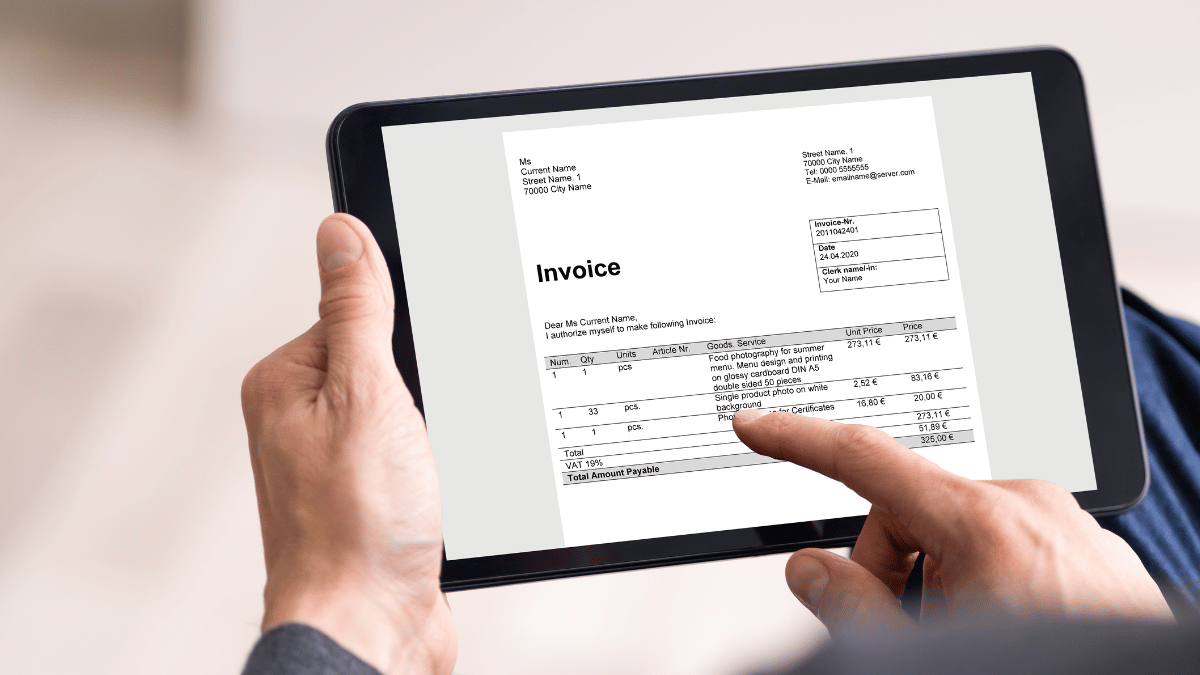
Invoice Tracking and Collections Strategies
Efficient cash flow management is paramount for the success of any UK business. Much like a well-oiled machine, ensuring smooth invoice tracking and collections is essential. Late payments can throw a spanner in the works, impeding operations and hindering growth.
Let’s quickly look at effective strategies to streamline your invoicing process and optimise collections, allowing your business to thrive.
Implement a Robust Invoicing System
To effectively track invoices and streamline collections, it’s imperative to establish a reliable invoicing system. Think of it as the engine that powers your financial operations. By investing in reputable accounting software, such as Xero or QuickBooks, you can automate invoicing, set up payment reminders, and track payment statuses effortlessly.
According to a survey conducted by MarketInvoice, a leading UK business finance platform, businesses that used accounting software experienced a 17% decrease in late payments.
MarketInvoice
Additionally, employing professional invoice templates that include clear payment terms, due dates, and acceptable payment methods will enhance clarity and professionalism. Remember, accuracy is vital. Make sure all contact information is up-to-date and readily accessible.
Set Clear Payment Terms
Think of payment terms as the compass that guides your clients to settle their invoices on time. Clearly communicating your expectations from the outset can help navigate the potential confusion and minimise delayed payments. Establishing standard payment terms and conditions that align with industry norms and are fair to both parties is crucial. Research conducted by Sage UK found that using clear and concise payment terms reduced the likelihood of late payments by 52%.
Be explicit about due dates, accepted payment methods, and any late payment penalties in your contracts and invoices. Transparency fosters trust and ensures both parties are on the same page.
Send Prompt and Regular Payment Reminders
Timely payment reminders act as a gentle nudge to keep the wheels of your cash flow turning smoothly. Think of them as a friendly roadside sign guiding your clients towards prompt payments. Create a systematic schedule for sending reminders before and after the due date. Utilising the automation features of your invoicing software can save time and maintain consistency.
Research conducted by Dun & Bradstreet found that businesses that sent regular reminders experienced a significant reduction in overdue payments. Polite yet firm communication reminds clients of their outstanding obligations and encourages prompt settlement, reducing the likelihood of prolonged delays.
Offer Incentives for Early Payments
Motivate your clients to steer towards early payments by offering incentives. Think of them as the enticing pit-stop on their financial journey. Discounts, rebates, or other rewards can serve as powerful fuel to drive timely payments and foster stronger client relationships. A study by the Institute of Finance and Management found that 74% of businesses offering early payment discounts experienced improved cash flow.
Clearly communicate these incentives on your invoices and emphasise the benefits of early settlement, such as improved cash flow for your clients or exclusive offers for early payers. In doing so, you create a win-win situation that cultivates goodwill and encourages prompt payments.
—
Efficient invoice tracking and collections strategies are fundamental for maintaining a healthy cash flow and ensuring the financial stability of your UK business. By implementing a robust invoicing system, setting clear payment terms, sending regular reminders, offering incentives, and establishing a collections process, you can streamline your finances and minimise the impact of late payments, propelling your business towards sustainable growth.
Remember, just as a well-maintained vehicle outperforms its counterparts, a well-managed invoicing system paves the way for financial success.
